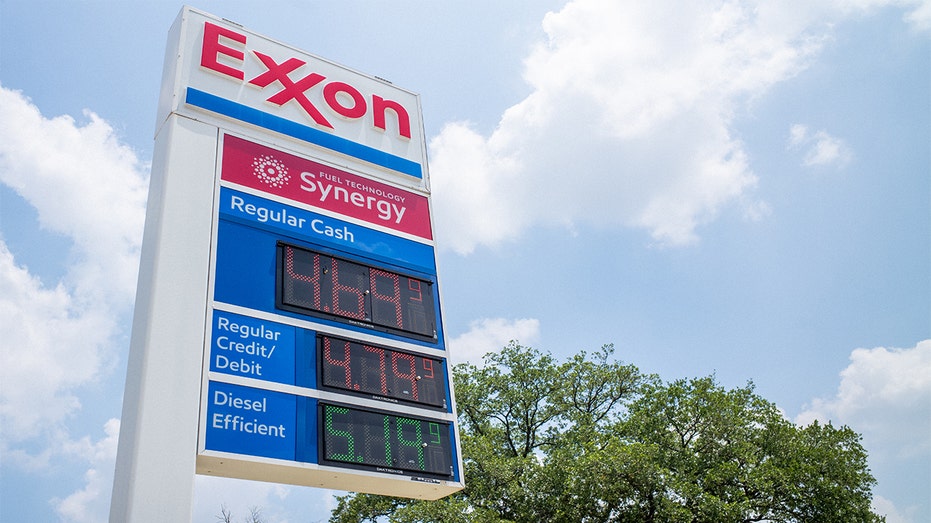New corporate stock buyback tax poised to take effect in 2023: What to know
Excise tax on share repurchases could affect many companies
Climate, tax bill will raise taxes on middle class: Rep. Fallon
Rep. Pat Fallon, R-Texas, on Democrats passing the $739 billion spending bill and NYC Mayor Eric Adams' response to more migrants being bused to the city from Texas.
A new corporate tax on stock buybacks that is poised to take effect in January could cost U.S. companies billions of dollars.
The 1% levy on stock repurchases, which will apply to only publicly traded companies, was passed by Democrats earlier this year as part of a sweeping health care and climate spending package. The tax is estimated to raise about $74 billion over the next decade.
Democrats have said the 1% fee is designed to slow companies' tendency to buy back their own stock from investors with the tax.
"I hate stock buybacks," Senate Majority Leader Chuck Schumer, D-N.Y., said earlier this year. "I think they are one of the most self-serving things that corporate America does."
STILL MISSING YOUR TAX REFUND? THE IRS WILL SOON PAY YOU 7% INTEREST

Senate Majority Leader Chuck Schumer of N.Y., speaks to the media after a Democratic policy luncheon, Tuesday, Oct. 19, 2021, on Capitol Hill in Washington. ((AP Photo/Jacquelyn Martin) / AP Newsroom)
Companies have been allowed to buy their own shares since 1982, and the practice has since become commonplace on Wall Street. In 2019, stock buybacks hit a record $1 trillion, according to the SEC. In the third quarter, buybacks among companies listed on the S&P totaled about $210 billion, down about 10% from the same period one year ago, according to S&P analyst Howard Silverblatt.
In the second quarter, companies spent about $210 billion, compared with roughly $281 billion in the first.
IRS SAYS YOUR TAX REFUND COULD BE SMALLER IN 2023 – HERE'S WHY
If the 1% tax had been in place during the third quarter, companies would have owed roughly $1.93 billion to Uncle Sam, according to The Wall Street Journal.
Still, finance chiefs remain largely unfazed by the penalty.

Gas prices are seen on an Exxon Mobil gas station sign on June 09, 2022 in Houston, Texas. (Brandon Bell/Getty Images / Getty Images)
Businesses including Exxon, Lowe's and MasterCard have expanded programs or announced new ones in recent days to repurchase their stock, the Journal reported.
"We don’t like the tax; nobody likes it," Michael Mullican, chief financial officer at sporting goods retailer Academy Sports & Outdoors told the Journal. "But it’s not significant enough to where it would sway our thinking."
The Democrats' spending bill – dubbed the Inflation Reduction Act – also imposes a 15% minimum tax on corporations based on profits they publicly report on their financial statements to shareholders. The minimum book tax would only apply to companies that reported more than $1 billion in income. Democrats said the levy would affect around 200 of the country's largest corporations with profits exceeding $1 billion and that pay less than the current 21% rate for businesses.

People walk outside the U.S Capitol building in Washington, June 9, 2022. (AP Photo/Patrick Semansky, File / AP Newsroom)
Experts expect the two taxes to drag on 2023 earnings, with Goldman Sachs forecasting a 1.5% decline per share of S&P 500 companies. The earnings decreases are expected to hit industries like health care and IT because of the low effective tax rate.
UBS strategists led by Solita Marcelli, meanwhile, projected the new taxes would have a "very minimal 1% drag on S&P 500 earnings per share, although some companies will be more affected than others."
CLICK HERE TO READ MORE ON FOX BUSINESS





















